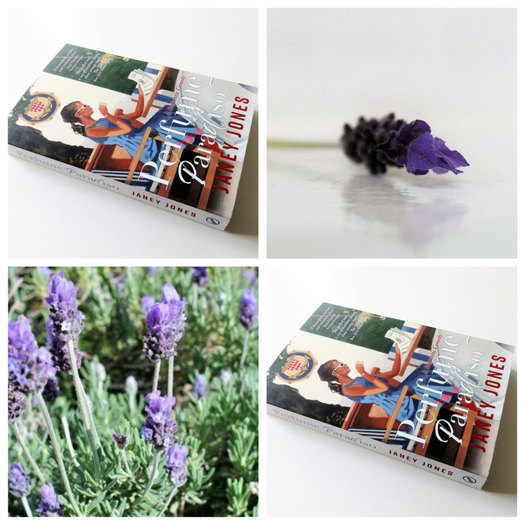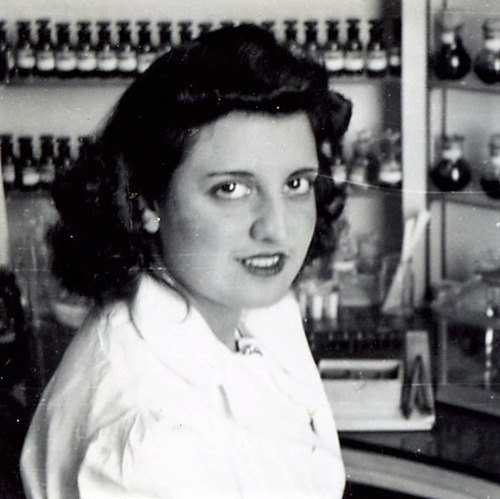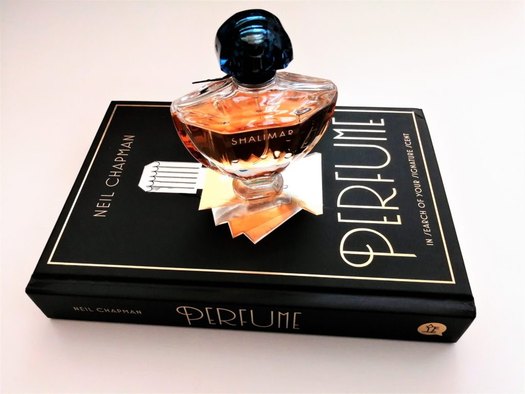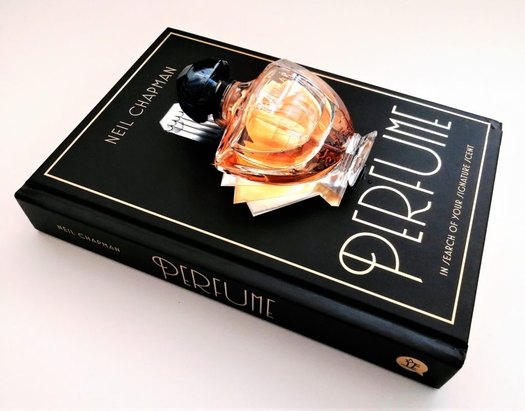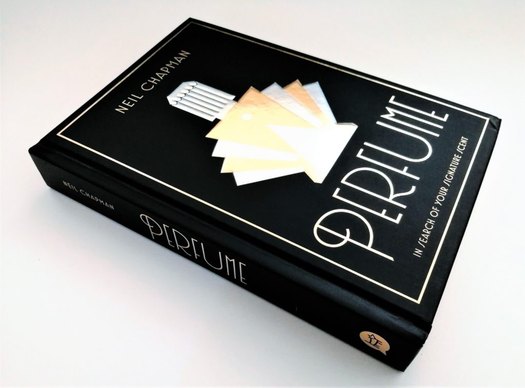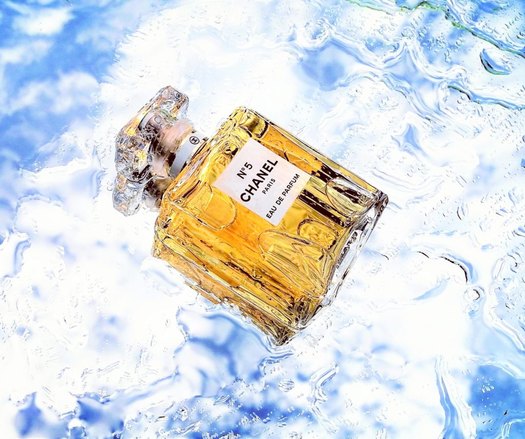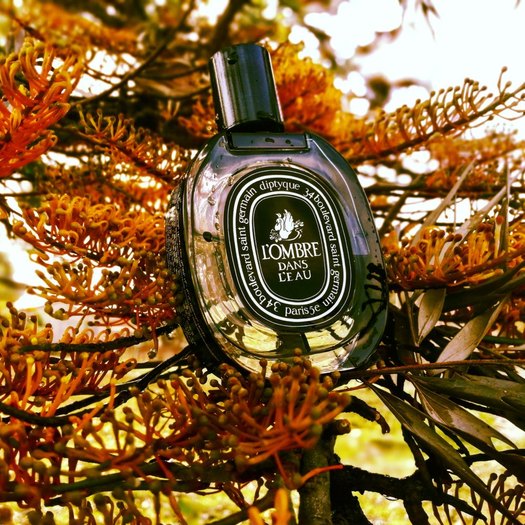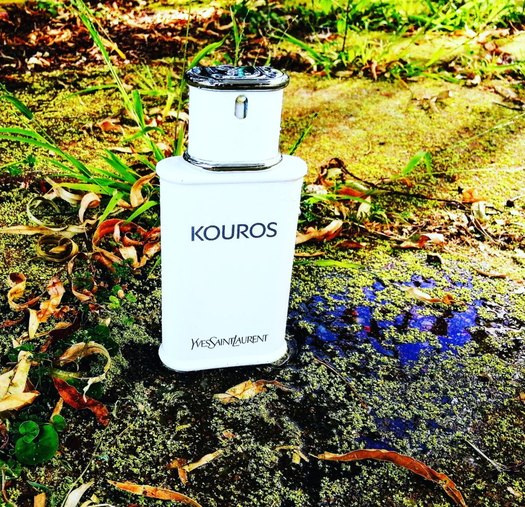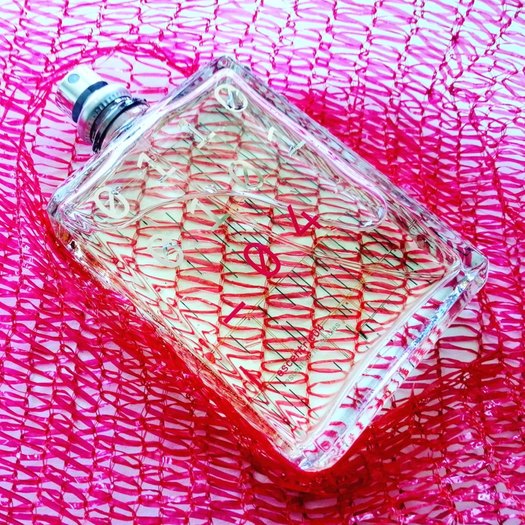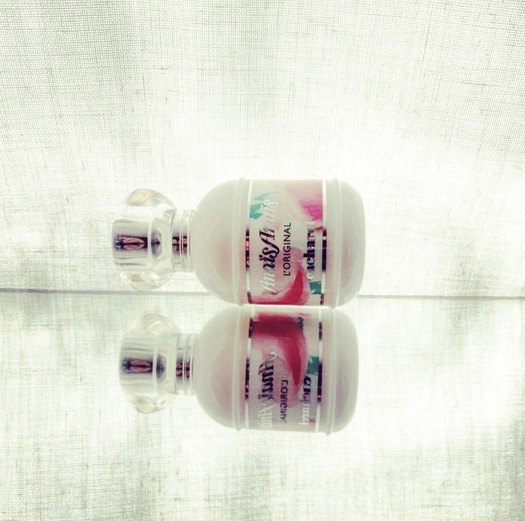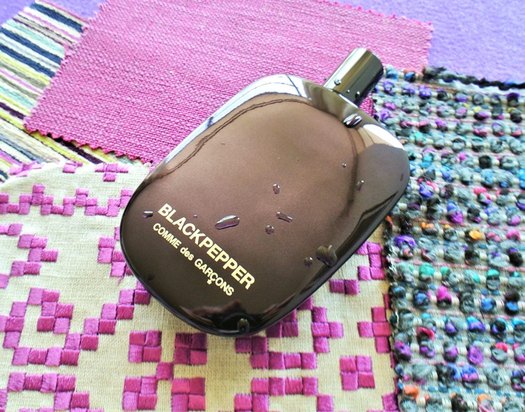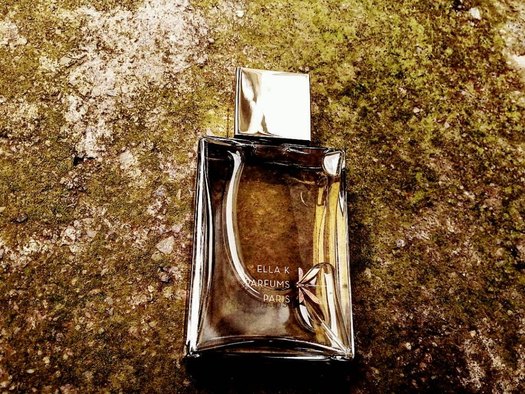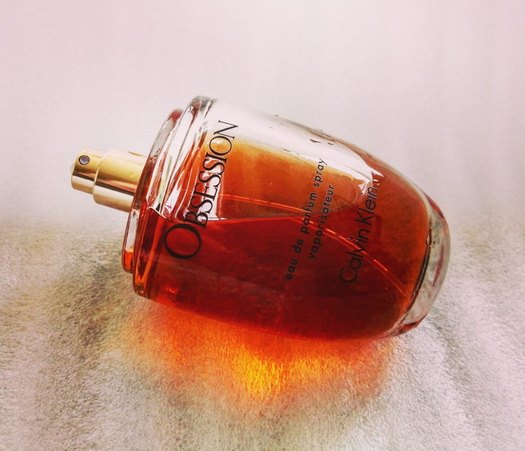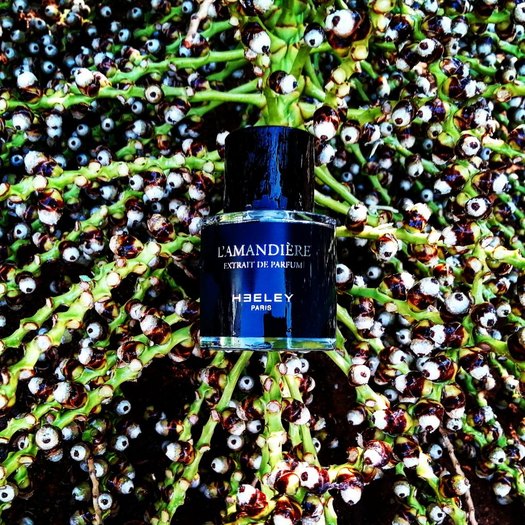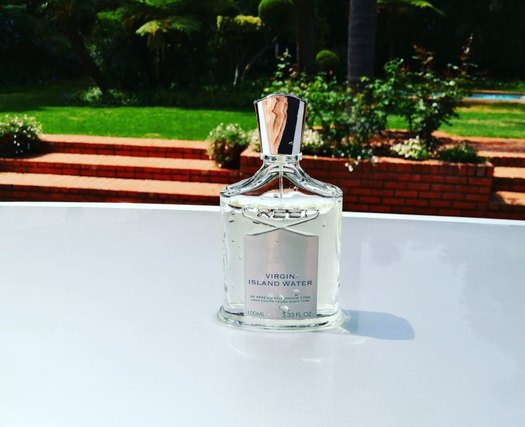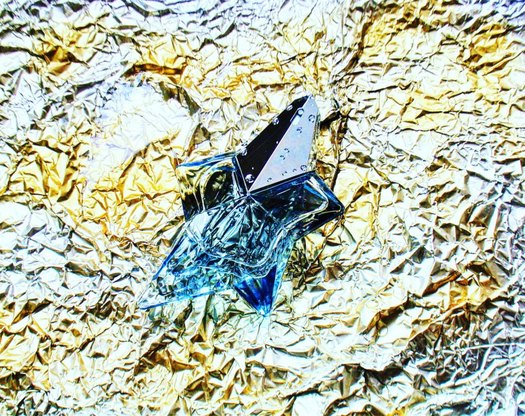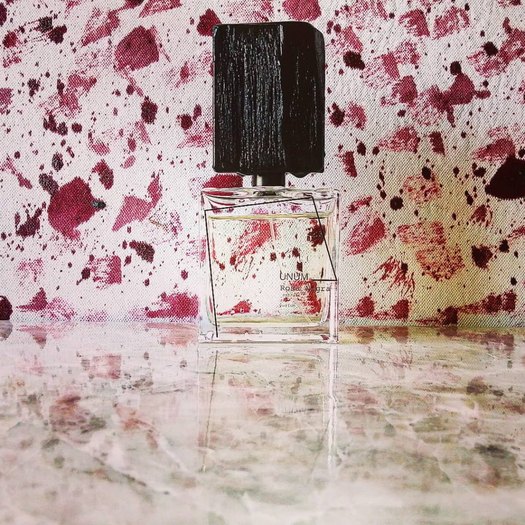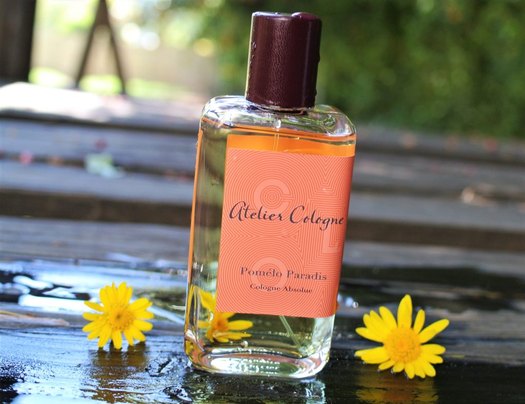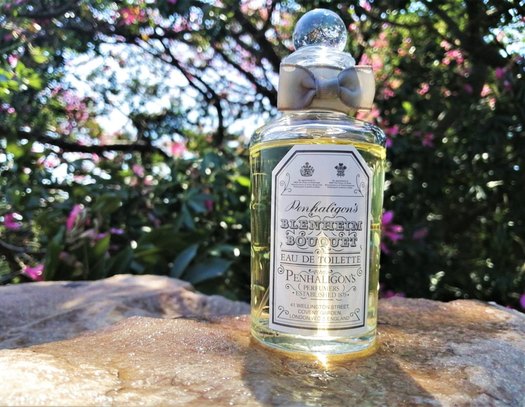What do you get when you combine the knowledge of a perfumer (Sarah McCartney, founder of 4160 Tuesdays) and a fragrance blogger (Samantha Scriven, iscentyouaday), both award-winners in their fields? It could only be the recently published book, The Perfume Companion: The Definitive Guide To Choosing Your Next Scent (Frances Lincoln).
Most of us know how daunting choosing a new fragrance can be. With an estimated 2 000+ launches every year, we’re confronted with a plethora / deluge of choice. The industry also does itself and consumers no favours by misleading us with myths (“natural is best”) and manipulative sales techniques.
And that’s where this well-written and often-humorous guide is so useful. True to its title, like a good friend, The Perfume Companion will point you in the right direction and correct you when necessary with no-nonsense facts.
“Like a good friend, it will point you in the right direction and correct you when necessary with no-nonsense facts.”
The book is divided into user-friendly fragrance types – for example, citrus, floral, woods. There’s also essential info on the history of perfume, ingredients, sense of smell and longevity, among others.
While there’s no surprise to see the inclusion of iconic fragrances such as Chanel No 5, Robert Piguet Fracas and Dior Eau Sauvage, the diversity of featured scents, from cheap ’n cheerful to blow-the-budget, appeals most to my non-snobbery approach.
I chatted with the authors about scent shopping tips, synthetics vs naturals and why cheap is good.
All the perfumes featured in this post are included in The Perfume Companion: The Definitive Guide To Choosing Your Next Scent.
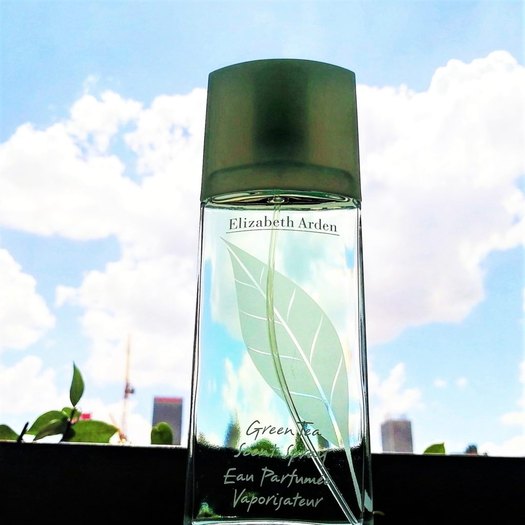
TEA-RIFFIC: Elizabeth Arden Green Tea is one of the many budget-friendly scents to be found in The Perfume Companion.
How did this book project come about? Please give us some background.
Sarah: The Perfume Companion was a long time in the preparation. I was asked to write a proposal, and it was handed around the Quarto publishing organisation several times before the Frances Lincoln department took it up.
After producing the proposal, I wasn’t expecting to be asked to write the whole book and at first, I turned it down as I couldn’t see how to fit it into my life. I asked Sam if she would be interested in helping out, and off we went.
What makes your book different from the others on the market?
Sam: You’ll find zero snobbery, zero negativity and something for all budgets. There’s no male/female section because we believe anyone can wear anything.
It was important to us to be kind and we didn’t want to insult anyone else’s favourite. If you want to find negativity about a perfume, you can usually find it somewhere online. We wanted The Perfume Companion to be a feel-good happy place.
Sarah: The original idea was to take a fragrance that was pretty well known for each category, and to introduce people to a wider selection of scents of that style: the luxury one, an entry level one, and some that they might never have heard of.
As we went on, some were discontinued along the way. There are categories of fragrance that are hugely popular – floral musks and woody ambers – and others with far fewer options, but that was the basic structure.
How did the two of you work together to produce it?
Sam: I live in a small town in south Wales, so I caught the train to London several times to meet Sarah.
We started by visiting perfumeries in London to gauge what we might want to include. After that, Covid happened, so we did everything remotely until November 2021 when we finally met up once again at Sarah’s studio.
Sarah: Many, many emails. I was quite tough on Sam at first because I am accustomed to severe self-editing, after working as a copywriter for 20 years. Sam’s blog posts are far longer and poetically inclined, so I was wielding my word-scalpel to get it down to the word count. I slightly terrified her, but in a constructive way.
I also wanted to get Sam’s genuine voice to sing out of the page, which it really does. I’m more technical so I would pile in and say, “Mate, you can’t write that because while I know that’s what the press release says, it’s not actually…err… true.”
When it came to the crunch, how did you decide which perfumes to include and exclude?
Sam: This was probably the hardest bit and there were many that we wanted to include, but we had 500 perfumes to write about and 14 categories, so we picked perfumes that we thought were important and/or good examples.
Everything we wrote about deserved to be in there. We’re both proud of the fact that none of the brands featured had any idea we were writing about them. We were 100% impartial.
When it came to including Sarah’s creations [from 4160 Tuesdays], it would have been strange not to. If a perfumer is writing a book, you can’t expect them to pretend they don’t make perfume!
The world of perfumery is filled with myths, half-truths and damn creative lies. How can it be simplified for those who don’t have as much experience as the two of you?
Sam: Sarah is my guru on this one. Her introduction in the book busts a lot of myths, especially that natural is always best.
Another thing I feel strongly about is transparency and giving credit where it’s due. We worked hard to research the names of as many perfumers as we could. They deserve recognition.
Sarah: Perfume is complicated. Natural materials are made with hundreds of different chemicals, some of which are harmful to humans, because plants make them as part of their defence against animal attack. This is something that people don’t want to hear, and brands want to keep quiet because getting this message across is difficult, so they don’t bother.
The biggest problem with all cosmetics right now is the unethical marketing which bangs on about “natural” as if it is a code word for gentleness and safety.
The pressure to comply with this narrative is so strong that perfume companies are just giving up and writing idiotic things like “free from sulfates” on the packaging. Sulfates make bubbles; no one ever puts them in perfume, but I get asked, “Are your perfumes sulfate free?” by people who have been bamboozled into believing this tosh is an actual benefit.
“The biggest problem with all cosmetics right now is the unethical marketing which bangs on about “natural” as if it is a code word for gentleness and safety.”
The simplest message: all legit cosmetics companies comply with stringent EU safety laws. The formulas are secret because we are so tired of rip-off artists copying them and we want to make it as difficult as possible for counterfeiters to steal our original ideas.
What are the biggest mistakes people make when shopping for fragrances? What advice would you give them?
Sam: Don’t do what I do and come home with five different perfumes on each arm. I’m always making this mistake and I can never tell which I liked once I’ve sprayed four more over the top.
Also, try your perfume in different weather and temperatures. It can make a dramatic difference. If you spray it on a blotter, write the name of it on there. Discovery sets and samples are the best way to test one at a time. Also, if it smells good on your friend, it might not smell good on you.
Sarah: At least Sam makes it home with scented arms, not a bag full of perfumes.
First, try them on scent strips, then go outside into the fresh air. Sales assistants will try to keep you handcuffed to the coffee beans – which don’t work, they just smell of coffee – but go outside. Go back, choose one for each arm, and spray. Then go outside again. Wander around a bit. Go back again if you like one enough to buy it. If not, go home.
Sales assistants can be too short term about this; they’re drilled to get the sale and not allow the customer to leave the counter before buying at least one. The unpleasant feeling that you’re being shoved into buying something by a combination of coercion and flattery means you’re less likely to visit that store ever again.
I might sound cynical, but believe me, I’ve read the sales training manuals, and I’ve never seen a more manipulative method of psychological control. Resist! Share with your friends, take recommendations, don’t be shoved into paying for something that’s “quite nice” that you’ll regret later.
Perfume is to be treasured and enjoyed. The feeling that someone cajoled you into buying something to make that week’s bonus takes the delight away.
I love that you’ve included great cheapies (Avon, Lynx, Impulse, Jovan Musk) and celebrity fragrances (Sarah Jessica Parker, Elizabeth Taylor) among the more upmarket designer and niche offerings. Why was that important to you?
Sam: I really wanted to be inclusive and to make the point that you don’t have to have a large disposable income or specialist knowledge to enjoy perfume. Even the cheapest of body sprays are made by professional perfumers.
Sarah: I’ve heard people apologise for their perfumes, “I’m sorry, it’s only…” and that shouldn’t be happening. If you love it, you love it. I’ve smelled some fragrances which cost $300 a bottle and I know they’ve been made with the same musks as others that cost $20.
Some inexpensive materials are gorgeous, including essential oils and aroma-chemicals; others are phenomenally costly, also including essential oils and aroma-chemicals. All a big budget does is to give the perfumer a wider range of materials to choose from; it doesn’t guarantee a better fragrance.
You give a fair amount of attention to the role of synthetics. Should the industry be doing more to educate consumers on why these are essential to modern perfumery?
Sam: Absolutely. There’s a lot of fear about chemicals and synthetics, and there needn’t be.
I’ve often been asked if I know of any “chemical-free” perfumes, and I can’t think of anything in the world that is chemical free. Even an apple fresh from the tree has naturally occurring chemicals in it, and they’re not the enemy. I hope Sarah’s introduction clears up a lot of myths.
“I can’t think of anything in the world that is chemical free.”
Sarah: 95% of perfumes are at least 90% synthetics and they have been since the 1890s.
There are some scary people attempting to undermine science these days, implying that something that isn’t “natural” doesn’t deserve a place in their community, and these themes can then be expanded once they have taken hold.
We need more science education all round, and perfumery is a good place to start. Part of the problem is that the perfume marketers have no idea what’s really in their perfumes and if they did, they wouldn’t tell customers. Many people are under the impression that a “notes list” is a list of materials.
As a perfume maker I relish the delights of the stunning aroma-chemicals available to me to help create olfactory wonders, as perfumers have done since at least 1862.
All the major scent trends in the last 150 years have been led by developments in science: violets, lily of the valley, vanilla, the sea air, candy floss – all aroma-chemicals.
We need to banish the fear and free people from concern. I mean, beautiful natural white cedar leaf essential oil is highly restricted because it contains thujone, a deadly neurotoxin. No one mentions how dangerous natural materials can be; it’s not part of the myth.
Thank goodness for brands which are emphasizing the lovely molecules they are using. I adore using naturals, but they can be helped to bloom and radiate by adding synthetics. After they’ve been through a distillery to create essential oils, naturals are missing some of their mojo. Molecules put it back.
Are you planning another book already?
Sam: There are no plans at this moment, but I would very happily write with Sarah again.
Sarah: I’ve almost finished my perfume-making book which demystifies the process for beginners and artisans who have already started to dabble. It’s based on the courses I teach.
Where can The Perfume Companion be ordered from?
Sam: You can order this book from booksellers around the world. Try this link to see where to buy it in your country. We’d love it if you ordered from an independent bookshop.



























